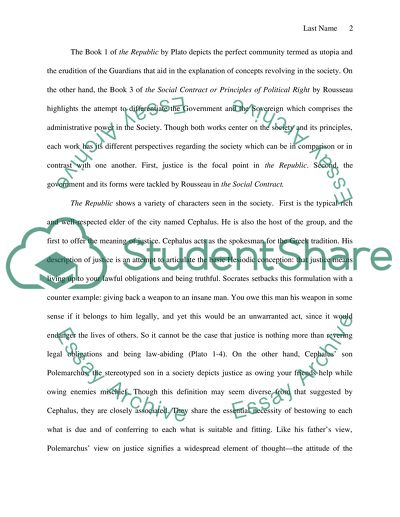The Repiblic Amidst the Social Contract: An In-depth Review of the Essay. Retrieved from https://studentshare.org/philosophy/1433061-comparison-and-contrast-between-two-different
The Repiblic Amidst the Social Contract: An In-Depth Review of the Essay. https://studentshare.org/philosophy/1433061-comparison-and-contrast-between-two-different.


